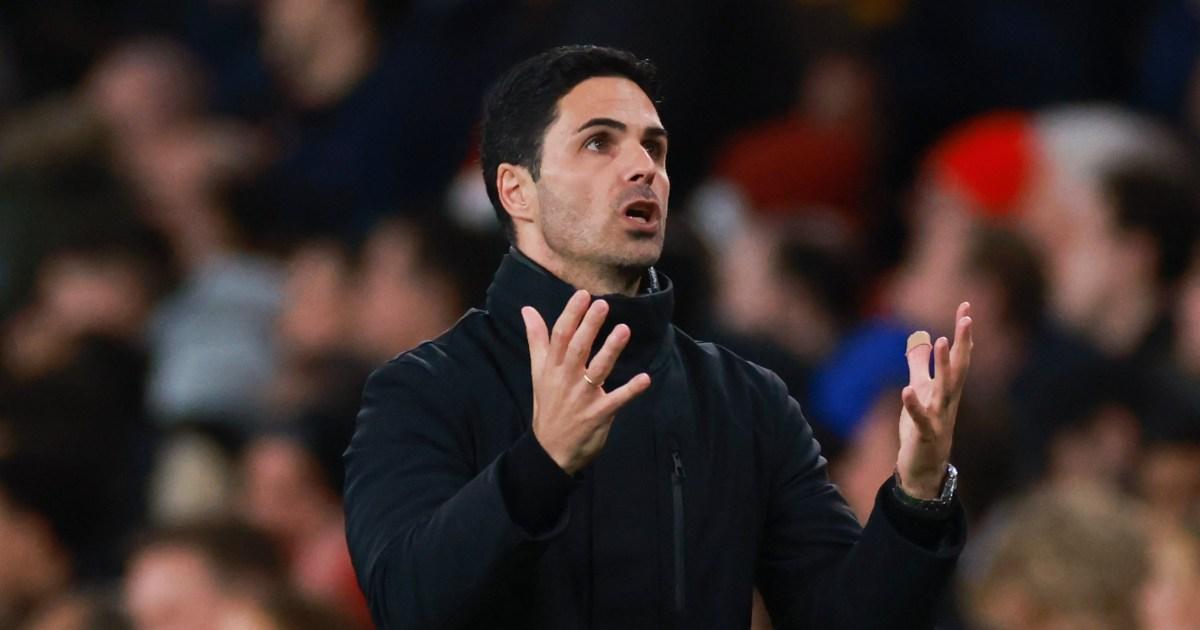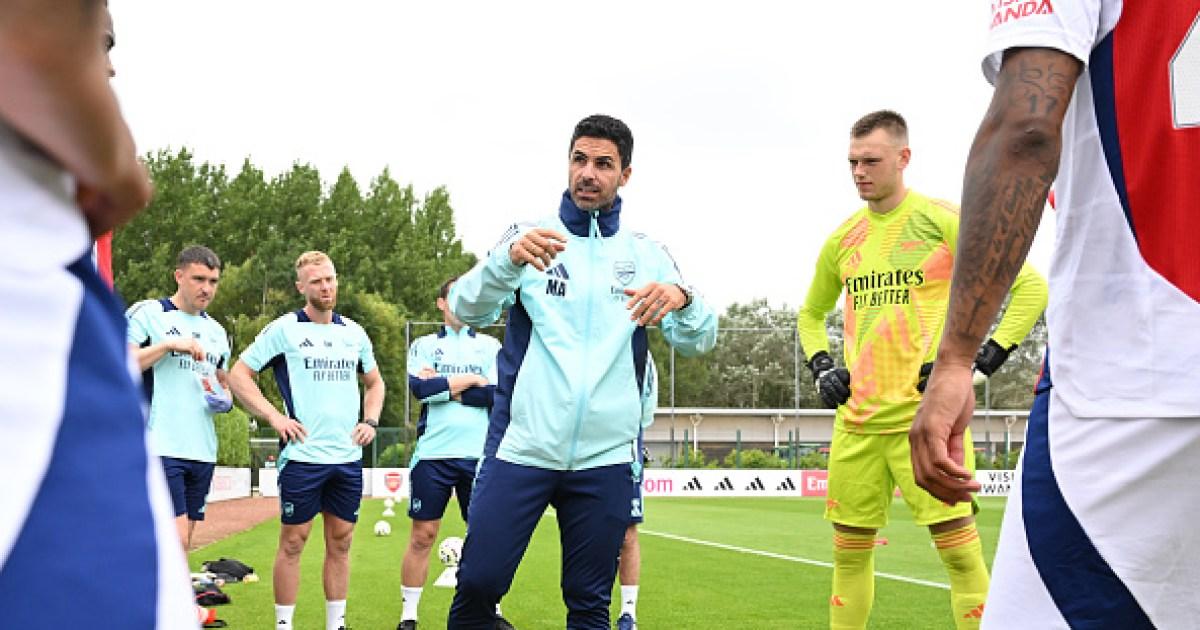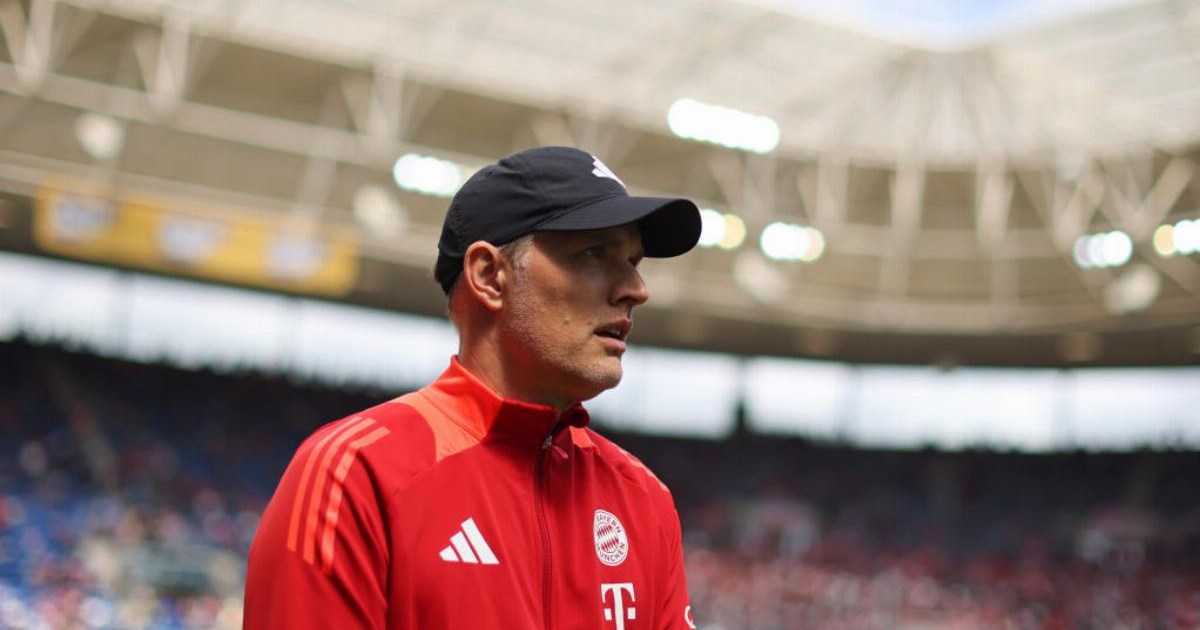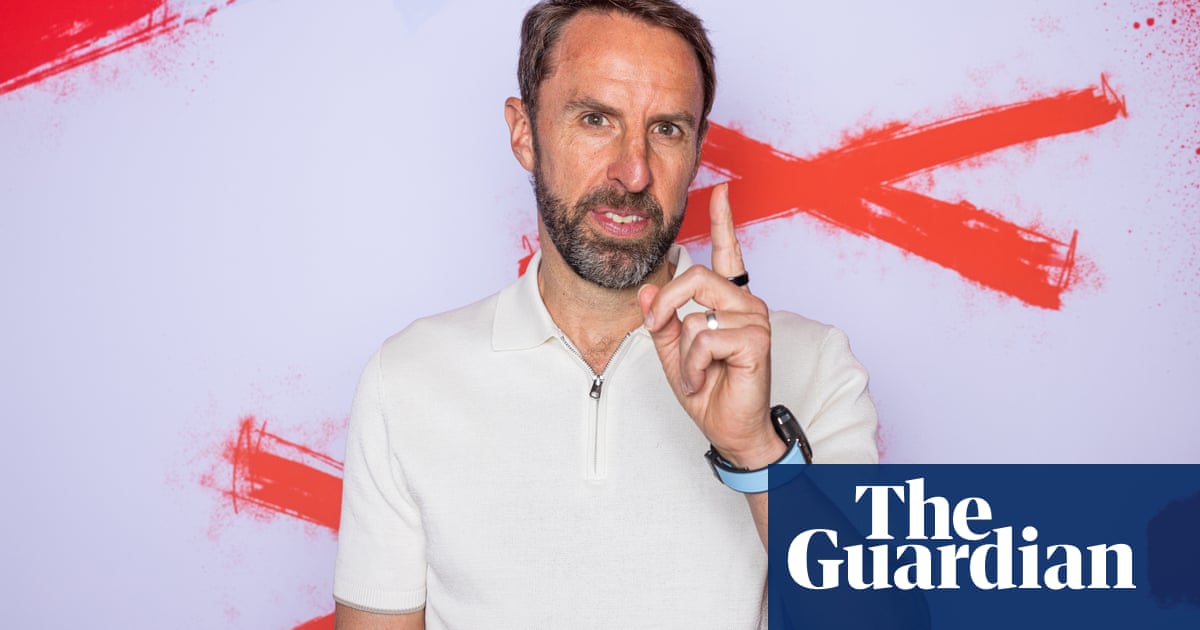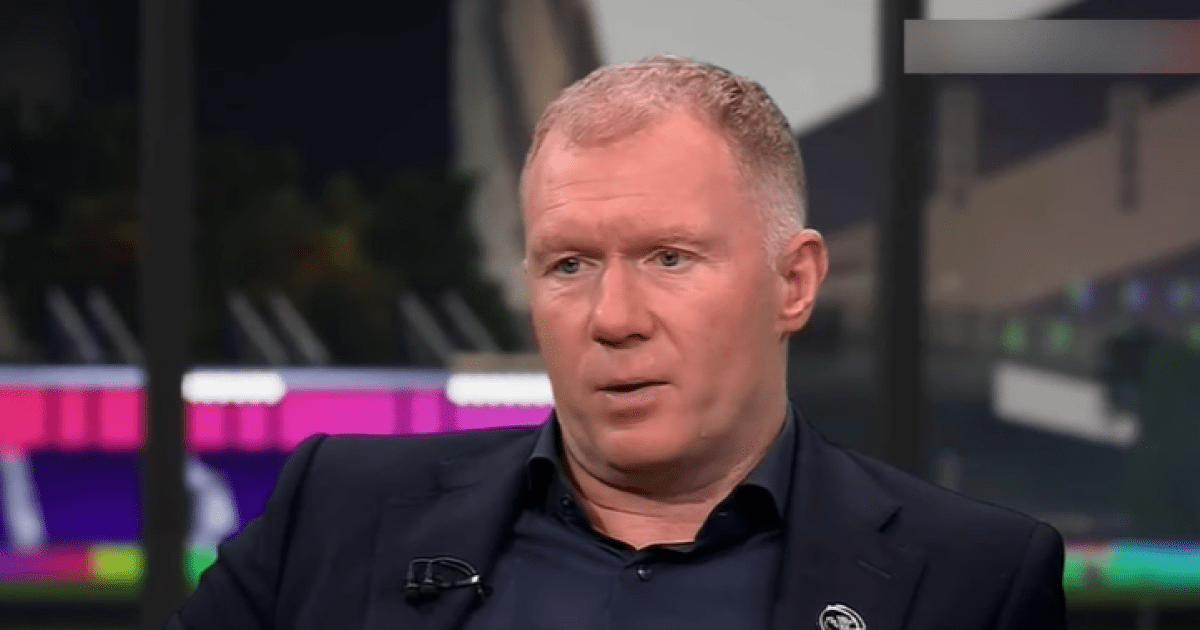Not long after Caeleb Dressel touched the wall on Saturday night to clinch USA’s first gold of the Paris Olympics, his teammate Hunter Armstrong broke down in tears while receiving his medal at the top of the podium.
Dressel could relate. Eight years ago he was the young hotshot reduced to a blubbery mess after winning the first of two golds alongside Michael Phelps and Nathan Adrian in the same race on his Olympic debut in Rio. Now the Florida native, who turns 28 next month, is the veteran of a young US swim team looking to keep pace with their mighty Australian rivals.
“You can’t help it,” Dressel said. “You can’t explain this moment until you’re up on the podium watching the flag go up. Hunter actually happened before the flag went up. It’s really special seeing that. I remember how it was for me, my first gold, I mean, I lost it. I made it off the podium. But it’s special seeing that and being a part of that with these guys. An extremely special moment, and no one can take that away from us.”
Dressel helped save the United States from a rare day-one shutout at the Summer Olympics when he anchored the Americans to a third consecutive 4x100m freestyle title on the opening night of the swimming programme in the western Paris suburbs. Given a healthy lead by Armstrong’s blistering third leg (46.75sec) after Chris Guiliano and Jack Alexy’s strong opening, Dressel touched in a time of 3min 9.28sec, edging Australia by 1.07sec. Italy took bronze, 1.42sec off the pace.
His eighth medal at the Summer Games, all of them gold, extends one of the great records in Olympic history. Only two other men or women, Usain Bolt and Ray Ewry, have won as many Olympic medals without any silver or bronze.
While the then-teenaged Armstrong won gold in Tokyo swimming in the prelims of the winning 4x100m medley team, Saturday’s triumph marked his first title while faturing in the main event. As the US team were awarded their medals, thunderous chants of “U-S-A!” cascaded down from the upper reaches of the packed 13,100-seat arena where the swimming competition largely billed as a showdown between the United States and Australia will unfold over the next eight days.
“Relays are a little more special to be honest,” Dressel said. “So doing it with these guys has been awesome. It takes me back to my first gold. It really doesn’t get old. Really special standing on the podium with these guys watching the flag go up. I’m extremely proud of them. It made my job easy.”
After throwing his fists in the air and embracing his teammates, Dressel quickly made his way to find his wife, Meghan, and their five-month-old son August Wilder, who had taken in the night session alongside rapper Snoop Dogg, who was seen celebrating wildly alongside the Dressel family as the US clinched gold. That it came after Australia had won the night’s first two finals, including Ariarne Titmus’s blowout of Katie Ledecky in this year’s race of the century, was no minor detail.
“It’s really special,” Dressel said. “Making the team in front of [my son] and then winning a gold in front of him, just checking little boxes that I never would have thought to create throughout my career. So that was a really special one tonight.”
after newsletter promotion
The road to Dressel’s third Olympics has been anything but straightforward. In 2022, less than a year after his five-gold breakout in Tokyo, he withdrew in the middle of the world championships and took eight months away from the pool to address his mental health. When he returned at the next year’s US national championships, Dressel didn’t come anywhere close to qualifying for worlds, failing to make the A-final in either sprint freestyle race.
Having been deemed the successor to Michael Phelps since racking up a record-tying seven golds at the 2017 world championships, Dressel admitted to struggling with the weight of expectations. “I get it, trying to find the next guy,” Dressel said at last month’s US Olympic trials. “But I have said multiple times I’m not Michael, at all, and I’m fine with admitting that. I think I’m pretty damn good at what I do. And I’ve exceeded a lot of my expectations in the sport, and I have drained the talent that I have, and I’m still continuing to do that.”
He added: “I would love if I could get back to the point where I was five years old. It was simply swimming, that’s all it was. You were just swimming, there wasn’t any media, you didn’t care how you felt, that’s what drew me into the sport and there’s things that I’ve put up with that I don’t like or things about the sport that I hate.”
Now he’s back, having done the work and on his own terms, giving himself the opportunity to defend his Tokyo golds in the 100m butterfly and 50m freestyle next week.


